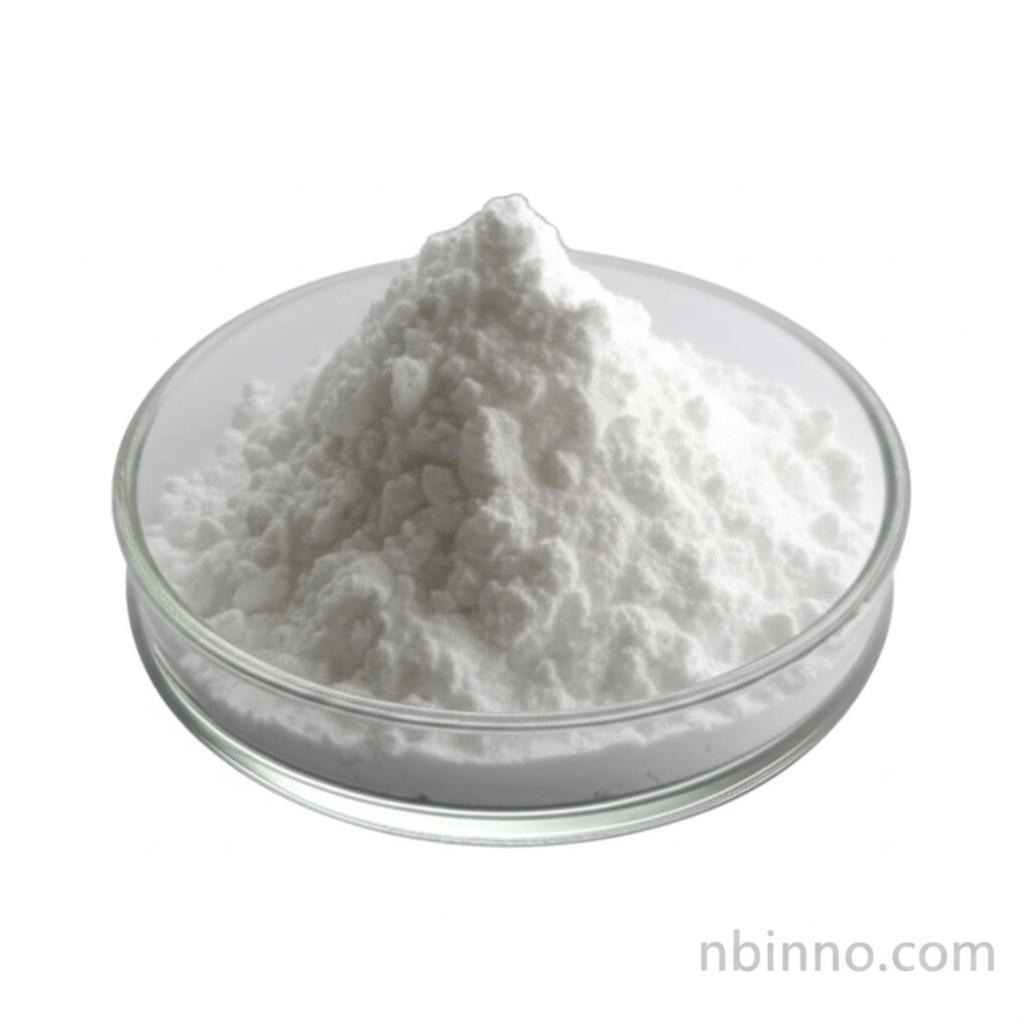Gallic Acid CAS 149-91-7: Properties, Applications, and Supplier Information for Researchers
Discover the multifaceted benefits and research potential of Gallic Acid, a key phenolic compound.
Get a Quote & SampleProduct Core Value

Gallic Acid
Gallic Acid, identified by CAS number 149-91-7, is a significant fine chemical with a molecular formula of C7H6O5 and a molecular weight of 170.12. This naturally occurring phenolic acid is renowned for its potent antioxidant and anti-inflammatory properties, making it a valuable compound in various scientific research fields. Its ability to inhibit enzymes contributing to inflammation and oxidative damage underlies its utility in studies related to cellular health and disease.
- Explore the detailed Gallic acid properties and applications in various scientific disciplines, understanding its role beyond basic chemical reactions.
- Source high-quality Gallic acid CAS 149-91-7 from trusted manufacturers and suppliers, ensuring purity and consistency for your research needs.
- Investigate the Gallic acid antioxidant research capabilities, particularly its role in combating oxidative stress and free radical damage in biological systems.
- Understand the Gallic acid anti-inflammatory effects, crucial for developing treatments for inflammatory conditions and promoting overall wellness.
Advantages Offered
Extensive Research Applications
Gallic acid's well-documented antioxidant and anti-inflammatory activities make it a key compound in numerous research areas, from understanding cellular processes to developing new therapeutic agents. Utilizing Gallic acid for your research projects ensures access to a compound with a proven track record.
Versatile Chemical Intermediate
As a versatile fine chemical, Gallic acid serves as a crucial building block for more complex molecules, particularly in the pharmaceutical and cosmetic industries. Its 3,4,5-trihydroxybenzoic acid structure offers unique reactivity for synthesis.
Natural Origin and Safety Profile
Derived from natural sources like tea leaves, Gallic acid presents a favorable profile for applications where natural compounds are preferred. Its established safety data supports its use in various research settings.
Key Applications
Antioxidant Research
Investigate the protective mechanisms of Gallic acid against oxidative stress and cellular damage, contributing to our understanding of aging and disease. The role of Gallic acid in antioxidant research is extensive.
Anti-inflammatory Studies
Explore how Gallic acid can modulate inflammatory pathways, offering potential for new anti-inflammatory treatments. Its effects on inflammation are a significant area of study.
Pharmaceutical Synthesis
Utilize Gallic acid as a precursor or intermediate in the synthesis of pharmaceutical compounds, leveraging its unique chemical structure. The Gallic acid chemical structure is ideal for synthetic chemists.
Biochemical Investigations
Study the biochemical interactions and effects of Gallic acid in various biological models, furthering knowledge in medicinal chemistry and pharmacology. This makes it a valuable research grade chemical.
